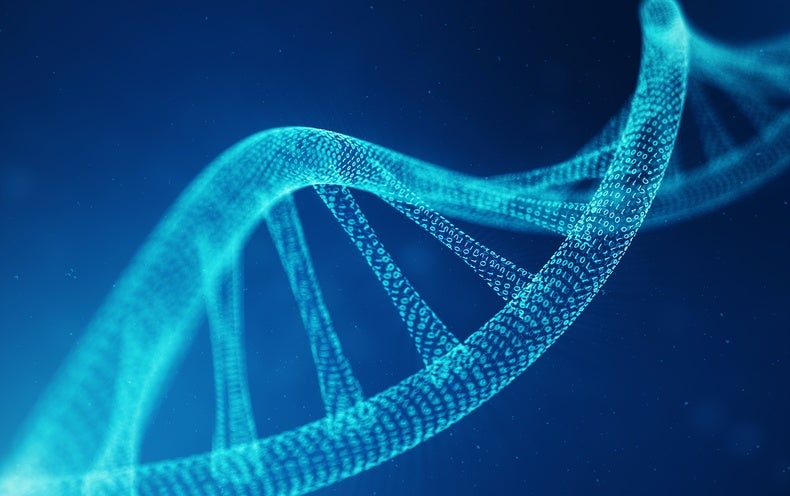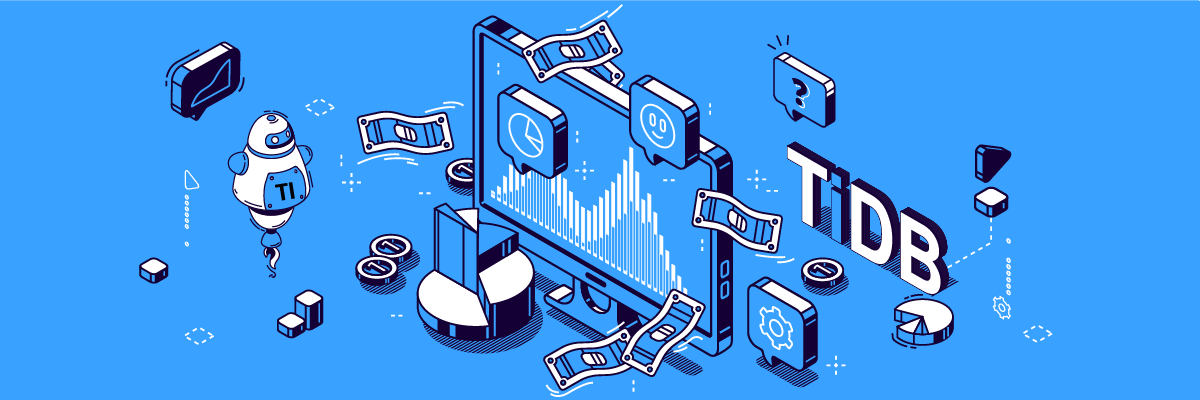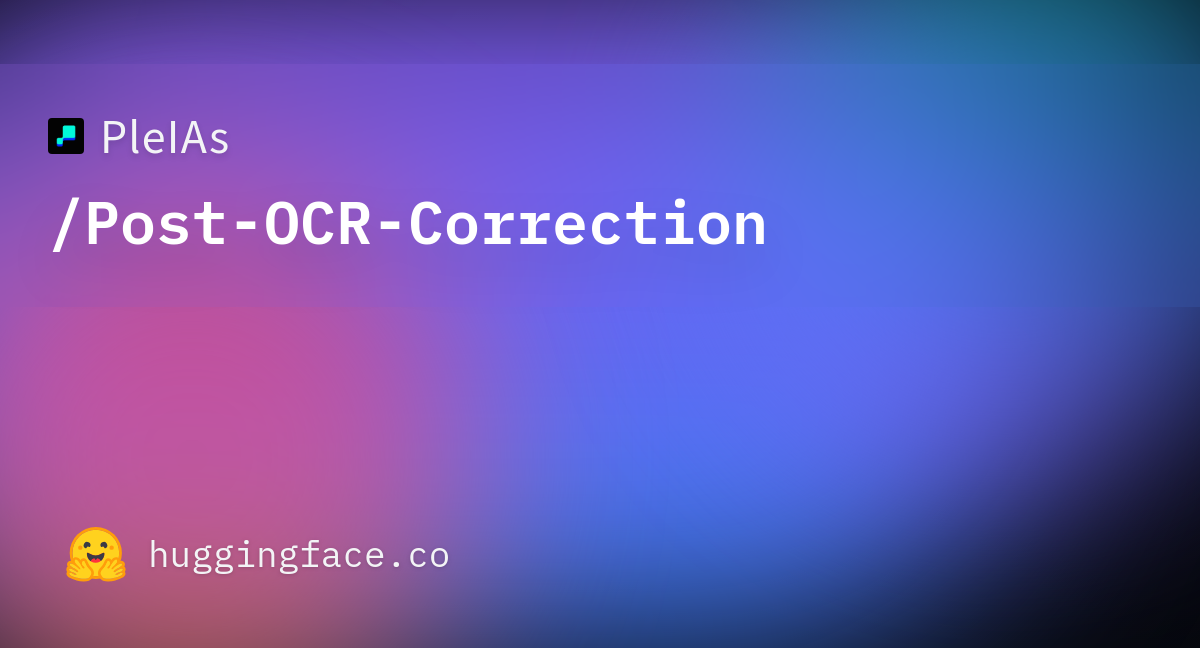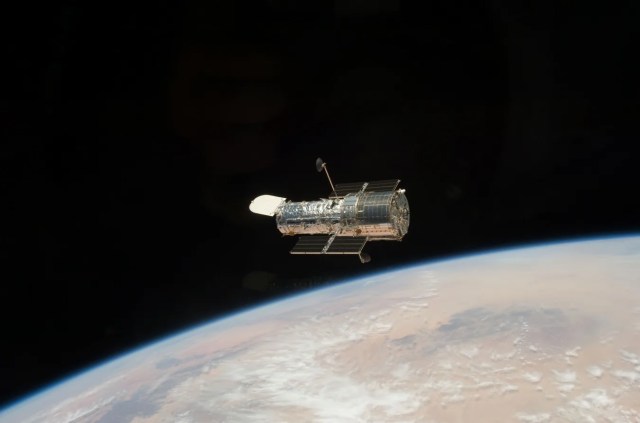
DNA: The Ultimate Data-Storage Solution
In a world flooded with data, figuring out where and how to store it efficiently and inexpensively becomes a larger problem every day. One of the most exotic solutions might turn out to be one of the best: archiving information in DNA molecules.
The prevailing long-term cold-storage method, which dates from the 1950s, writes data to pizza-sized reels of magnetic tape. By comparison, DNA storage is potentially less expensive, more energy-efficient and longer lasting. Studies show that DNA properly encapsulated with a salt remains stable for decades at room temperature and should last much longer in the controlled environs of a data center. DNA doesn’t require maintenance, and files stored in DNA are easily copied for negligible cost.
Even better, DNA can archive a staggering amount of information in an almost inconceivably small volume. Consider this: humanity will generate an estimated 33 zettabytes of data by 2025—that’s 3.3 followed by 22 zeroes. DNA storage can squeeze all that information into a ping-pong ball, with room to spare. The 74 million million bytes of information in the Library of Congress could be crammed into a DNA archive the size of a poppy seed—6,000 times over. Split the seed in half, and you could store all of Facebook’s data.
Science fiction? Hardly. DNA storage technology exists today, but to make it viable, researchers have to clear a few daunting technological hurdles around integrating different technologies. As part of a major collaboration to do that work, our team at Los Alamos National Laboratory has developed a key enabling technology for molecular storage. Our software, the Adaptive DNA Storage Codex (ADS Codex), translates data files from the binary language of zeroes and ones that computers understand into the four-letter code biology understands.



















